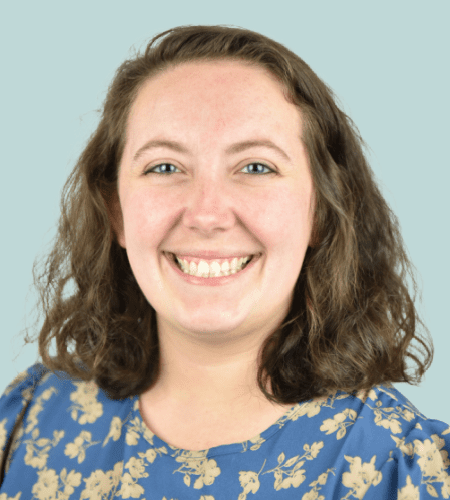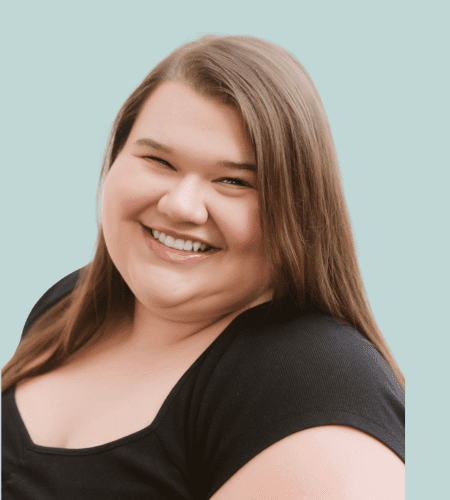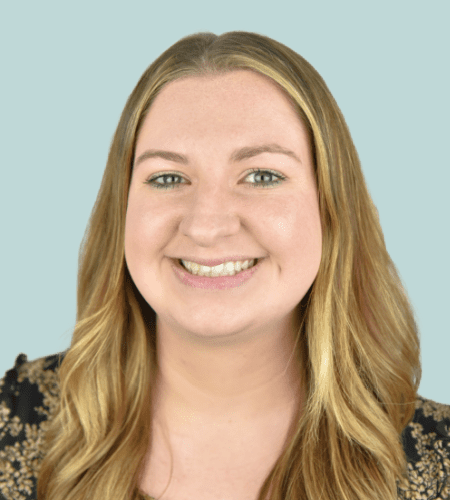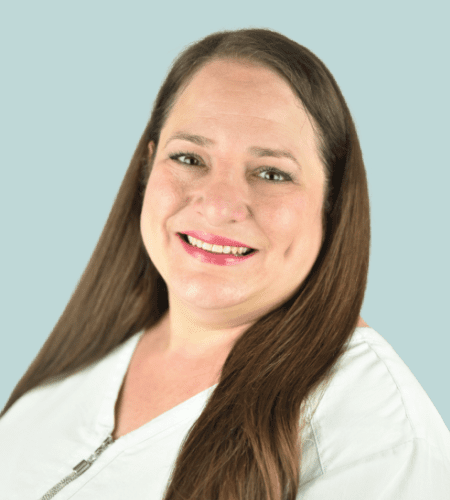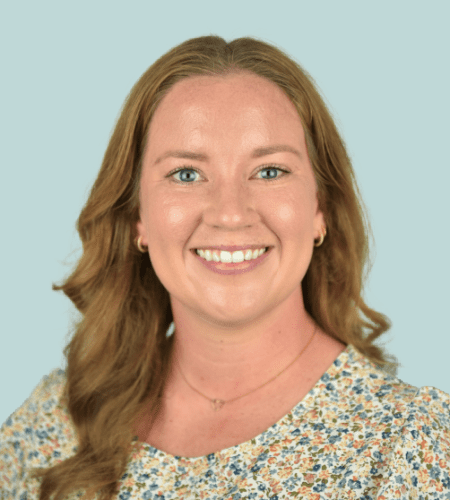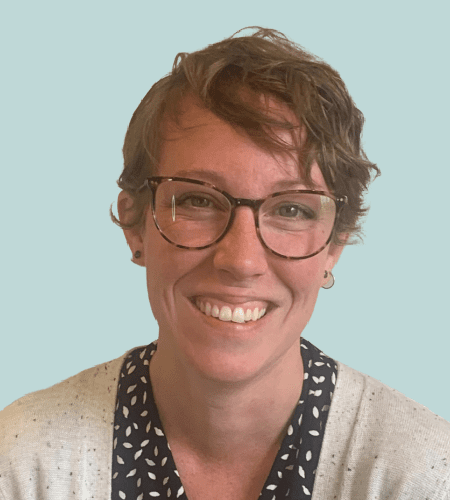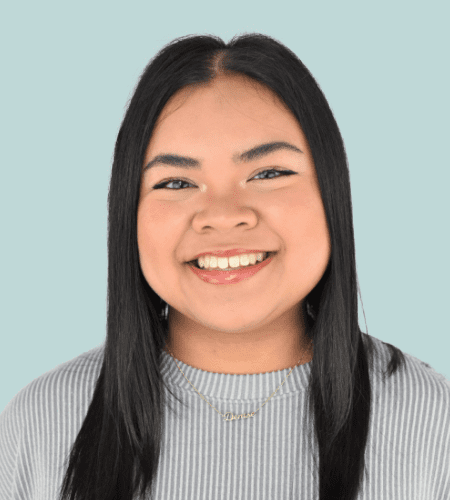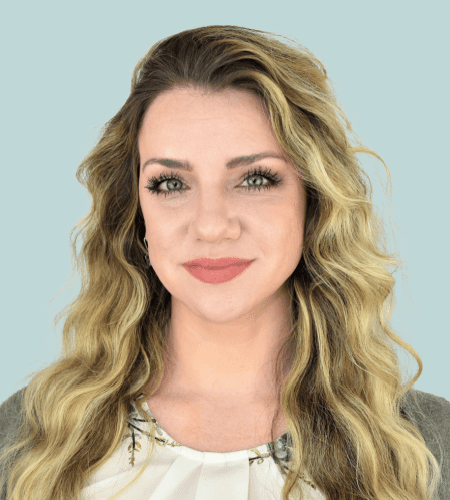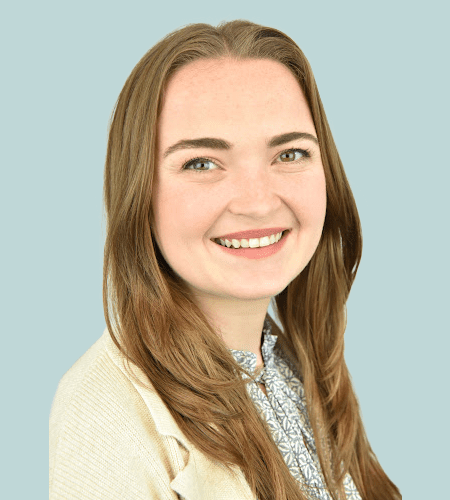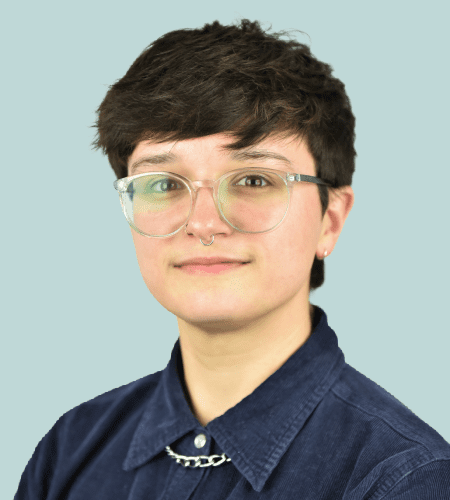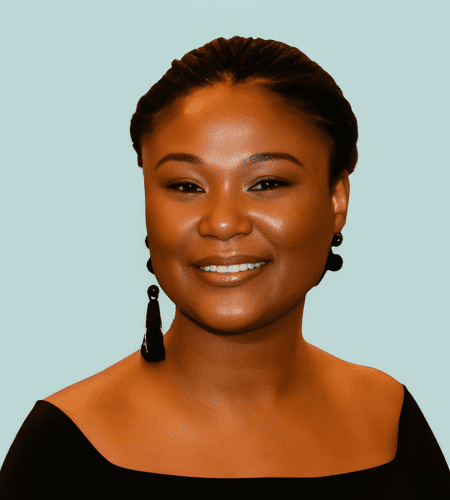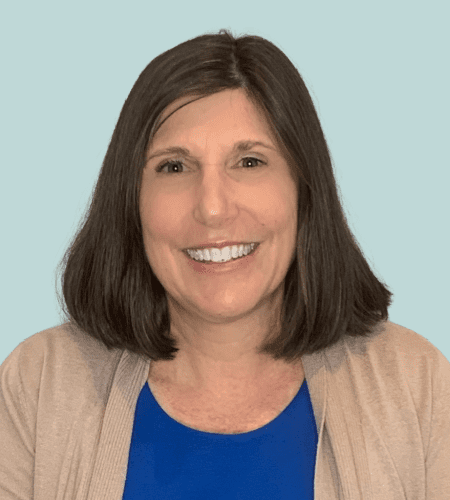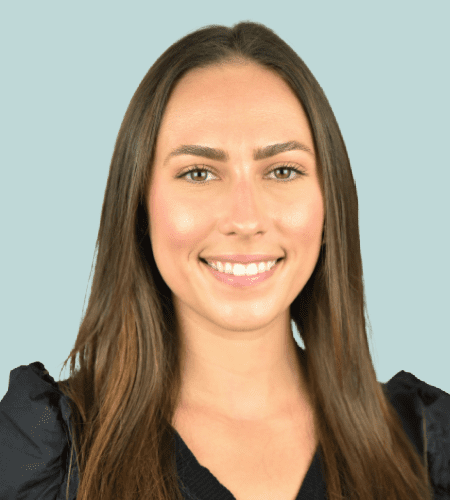If substance use is impacting your health and daily life, addiction treatment may be the right step. Signs that you may need help include struggling to stop using a substance, experiencing withdrawal symptoms or spending a significant amount of time thinking about or obtaining substances. The most important thing to remember is that reaching out for help is never too early or too late.

Addiction Treatment

Metro Atlanta Addiction Treatment
Immersive, holistic, and evidence-based addiction treatment is key to successful recovery. If you’re ready to get sober, our team at CNSL is here to guide you along your addiction recovery journey and provide you with the support and tools you need for success. To learn more about why therapy is an integral part of substance abuse recovery and how we can help, reach out to us directly today.
Why Therapy for Addiction Treatment?
Therapy is an important component of addiction treatment and can help patients to psychologically work through their own understanding of their addiction and the impact it has on their lives and the lives of those they love. Therapy can also be helpful in teaching and establishing healthy habits and communication skills, as well as helping a patient start to rebuild their self-image in a more positive light. There are several different types of therapy and techniques that may be employed as part of a holistic and effective substance abuse treatment program, including:
- Medication-assisted treatment (MAT). MAT involves the use of medications in combination with counseling and behavioral therapies. MAT is effective in treating opioid use disorders (OUD) and can help some patients to sustain recovery. There are currently three drugs approved by the FDA for the treatment of opioid dependence: buprenorphine, methadone, and naltrexone. Buprenorphine has been demonstrated to be effective and safe in combination with counseling and psychosocial support. We have all of the professionals here to help you on your journey to recovery.
- Behavioral therapy. Behavioral therapy, often referred to as cognitive behavioral therapy (CBT), is one of the most common forms of therapy that’s used to help a patient undertake addiction recovery. Dialectical behavioral therapy (DBT) is a type of cognitive behavioral therapy. Like other forms of cognitive behavioral therapy, DBT aims to help patients identify and change negative thinking patterns and push for positive behavioral changes. DBT may be used for treating suicidal and other self-destructive behaviors. It helps patients learn skills to cope with, and change, unhealthy behaviors.
- EMDR therapy. Several forms of therapy that engage the patient physically have been shown to be effective in treating addiction, including EMDR—Eye Movement Desensitization and Reprocessing. EMDR targets and changes how traumatic memories are stored in the brain in a manner that promotes natural healing and healthy mental processes.
- NAD therapy. NAD is a type of therapy that is administered by a doctor for patients who are suffering from addiction. Standing for nicotinamide adenine dinucleotide, NAD is an active form of vitamin B, and NAD therapy involves an intravenous injection of NAD.
- Creativity-based therapy. In many cases, patients benefit from forms of therapy that are less structured than traditional psychotherapy. Creative-based therapy, such as engaging in art, music, or dance, can all be useful in treating addiction.
- Family counseling. Patients who are suffering from addiction are not the only ones who are impacted by their choices. Family members are almost always significantly impacted by a loved one’s addiction and can be a vital part of their recovery.
- More. The above types of therapy can all be very effective, but they’re not the only therapy options available. At CNSL, our therapists will discuss a variety of options for managing your recovery and help you create a personally tailored addiction treatment plan. Keep in mind that in addition to therapy with a mental health therapist, inpatient treatment that is more immersive may also be necessary.
Get Help with Addiction Today
When you are suffering from addiction, getting immediate help is essential to your well-being and your future. Working with an addiction therapist can be a key part of your recovery.
To learn more about our therapy services and how to get started, please reach out to us by calling CNSL at (678) 384-4911 and dialing 1 for Therapy or email client.coordination@cnsl.com. Visit here to view FAQ about our therapy services.
FAQs About Addiction in Georgia
You Don’t Need
To Do It Alone.
Help Is Just
One Click Away.
Victoria Sheffield
LMSW
Abigail Shetler
LAPC
Tiffany Peeler
LPC
Linde Ferrero
LCSW
Kimberly Meredith
MAMFT, NCC, LPC
Danielle O’Kelly
LPC
Morgan Kraut
LPC
Jill Bloemker
LPC
Olivia Cantrell
APC
Amanda Flowers
LAMFT
Kiara Cervantes
LAMFT, Certified Prepare/Enrich Facilitator
Karen Dodge
LAPC, National Certified Counselor
Erin Smith
MSSW, LMSW
Ramona Mott
LPC
Madison Medford
LAPC
Adam Stephens
LPC
Leigh Bowerfind
MSW
Shannon Dixon
LMSW
Wanda Watson
MA, LPC
Katie Cooley
Graduate Level Counseling Intern
Jessica Taylor
Client Coordinator
Laura Madinger
LPC, OTR/L
Julia Nailor
LMSW
Megan Walsh
Masters Level Pre-licensed Therapist
Dr. Ayman Fareed
Chief Medical Officer, Psychiatrist
Dr. Jack St. Jean
MD, Board-Certified Psychiatrist
Dr. Jordan Howard
MD, Board-Certified Psychiatrist
Allison Weaver
NP, Psychiatric-Mental Health Nurse Practitioner
Allison Hogan
LMSW
Bailey Paris
LMSW
Ciara McGann
PMHNP
Bonita (Bonnie) Klopach
BS Ed, LCSW
Ashlee Pratt
LAPC, NCC
Brittany Ott
LMSW
Carly Farrell
LCSW, Gerontology Certificate, Certified Clinical Hypnotherapist
David Febles
LAMFT
David Hopkins
LPC
Denise Sunga
MS, LPC
Elana Durden
LPC
Emily Morton
PA, NCCPA-Certified
Jackie Lilly
LPC
Jade Johnson
LAPC
Kyle Benson
Physician Assistant
Jessica Coleman
NCC, LPC
Jess May
LMSW
McKenzie Lane
PA-C
Julia Cornman
LPC
Kimberly Thompson
PMHNP
Katie Landers
LPC, ATR, Assistant Clinical Director
Laura Seipel
LPC, MAAT, ATR, PMH-C
Madonna Mezzanotte
LPC, RPT
Maggie Jackson
LCSW
Meghean Teefy
LCSW
Michelle Sobel
LCSW
Olivia Dedels
LAPC, NCC
Robert Smith II
LPC
Shannon Lehr
MA, R-DMT
Susan Goodwyn
LPC, CAC II
We Want To
Hear From You!
We welcome any and all questions! For anything
that may require a general response, feel free to
leave a message, and we will respond in a timely
manner. For questions specifically for our clinicians,
please call our office.
Call: 678.384.4911

















